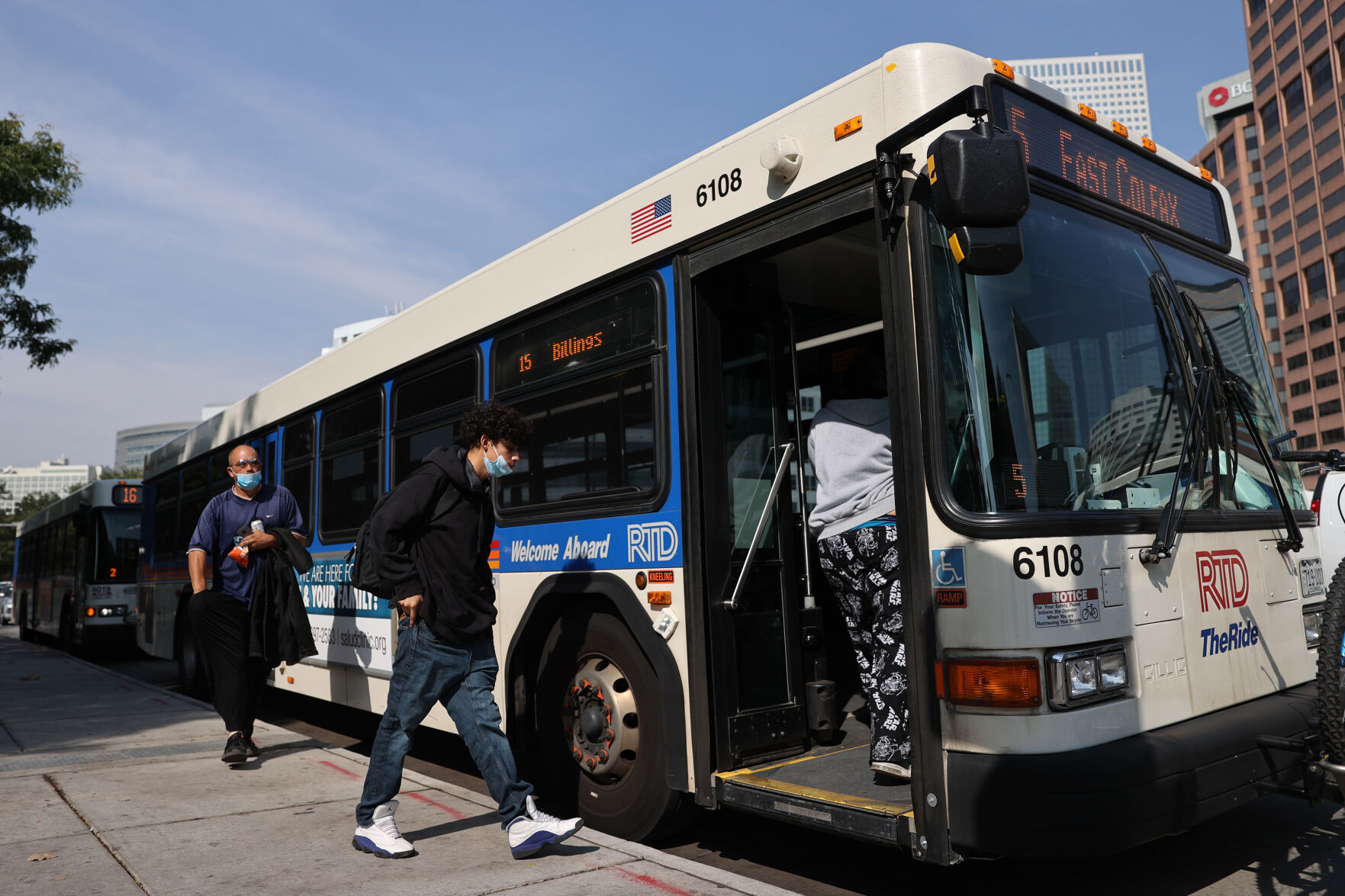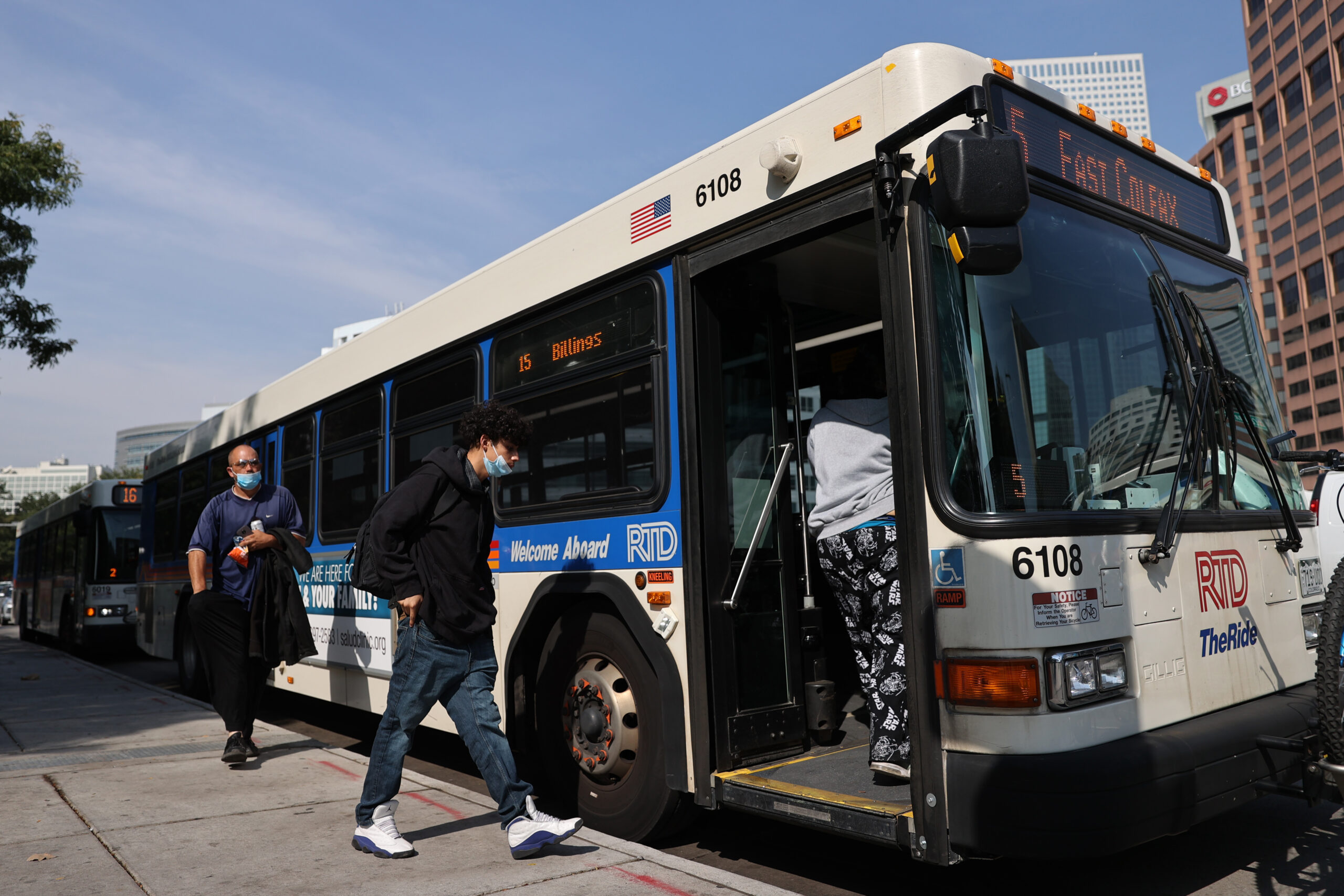RTD, union agree on new contract that will raise employee wages

The Regional Transportation District and its union approved a collective bargaining agreement on Friday that will raise wages by more than 25 percent over a three-year period.
Union-represented employees will receive at least a 16 percent increase at first, followed by 4 percent increases through 2024. This means starting wages for bus and rail operators will bump up from $20.58 to $24, according to the agreement.
Amalgamated Transit Union Local 1001 “is pleased with the outcome of our contract negotiations with RTD,” said Lance Longebohn, the union’s president and business agent in a news release. “The bargaining was conducted in good faith, and many significant improvements were made in wages and working conditions.”
The union represents 66 percent of RTD’s employees, and began negotiating with the transit agency five months ago as the current contract was set to expire this month. The two parties reached an initial agreement on Feb. 28.
Longebohn ratified the agreement earlier this week, before it was passed by RTD’s Board of Directors 14-0 on Friday morning.
In addition to increasing the wages of the union-represented employees, the contract agreed to:
- improve retirement benefits for all employees;
- provide a committee to examine changing the work week to four, 10-hour days;
- provide flexibility around how employees can take vacation;
- improve operator access to restroom facilities;
- and establish a workforce development committee to create and implement U.S. Department of Labor registered apprenticeship programs.
“RTD’s success is intertwined with that of the (AMU 1001),” said Debra A. Johnson, RTD General Manager and CEO. “The agency could not deliver high-quality transit services throughout the Denver metro area without the dedicated union employees that constitute the majority of the workforce. (We are proud) to offer a competitive market wage and quality of life improvements to our employee, while at the same time enhancing operational efficiencies by thoughtfully crafting a successor CBA that truly benefits both parities.”













